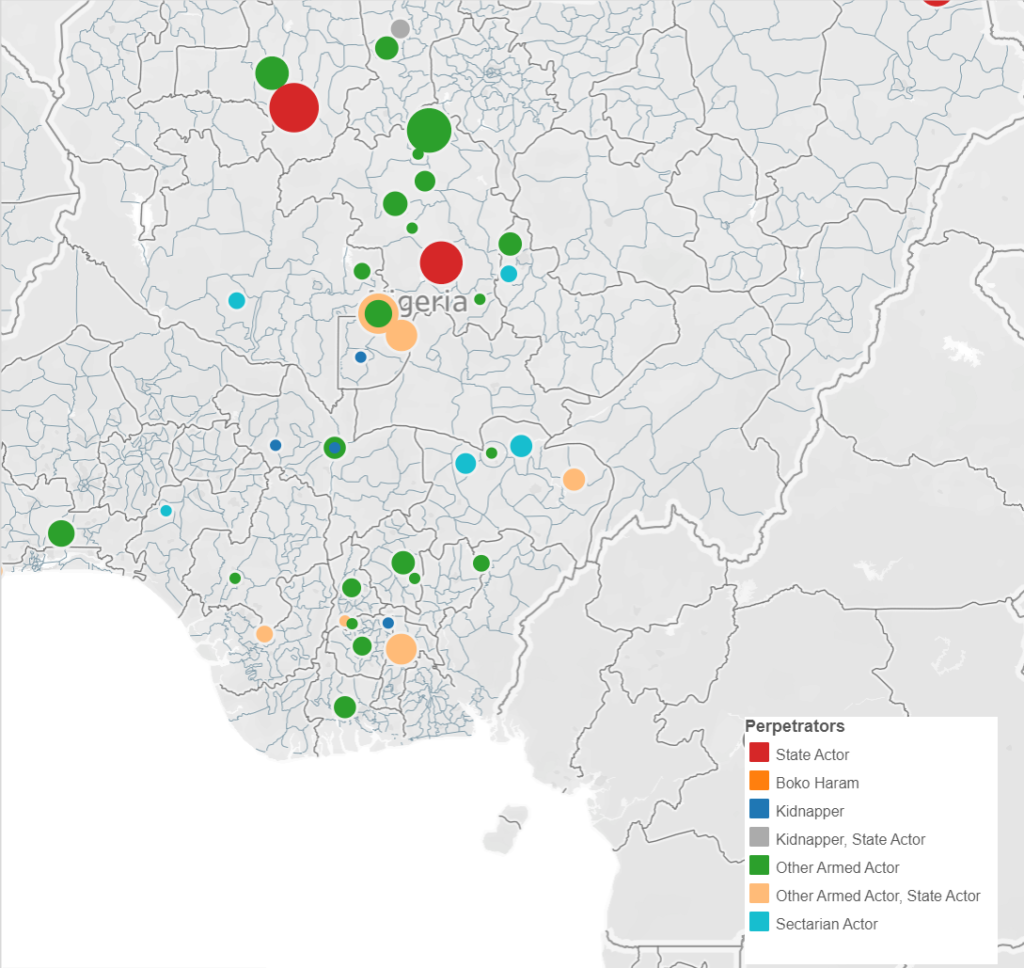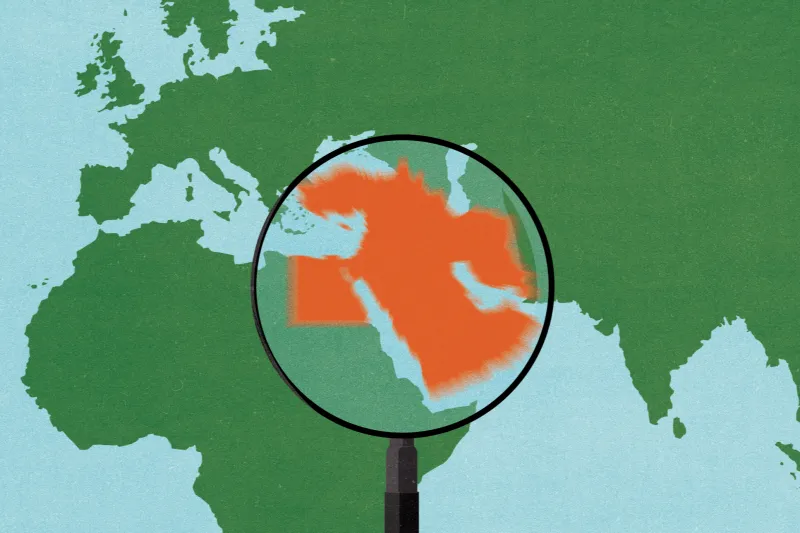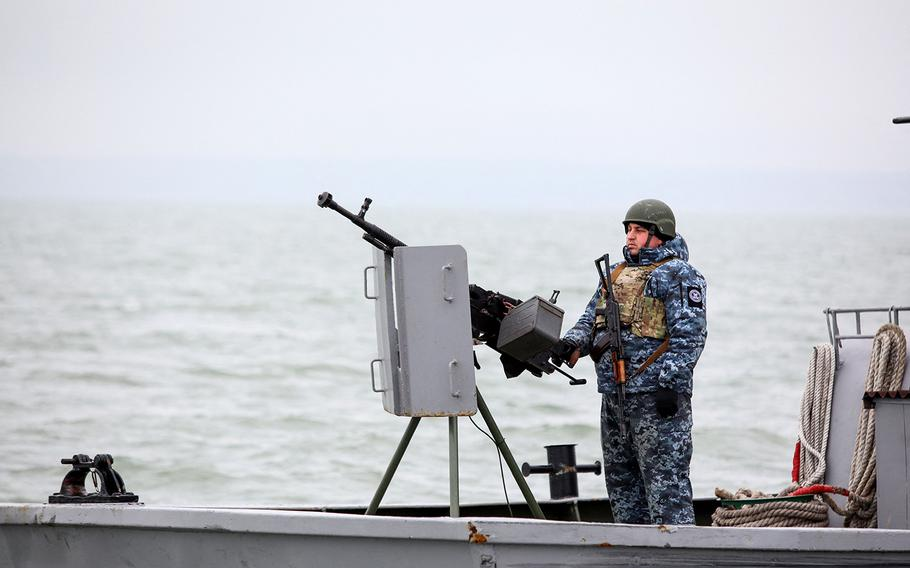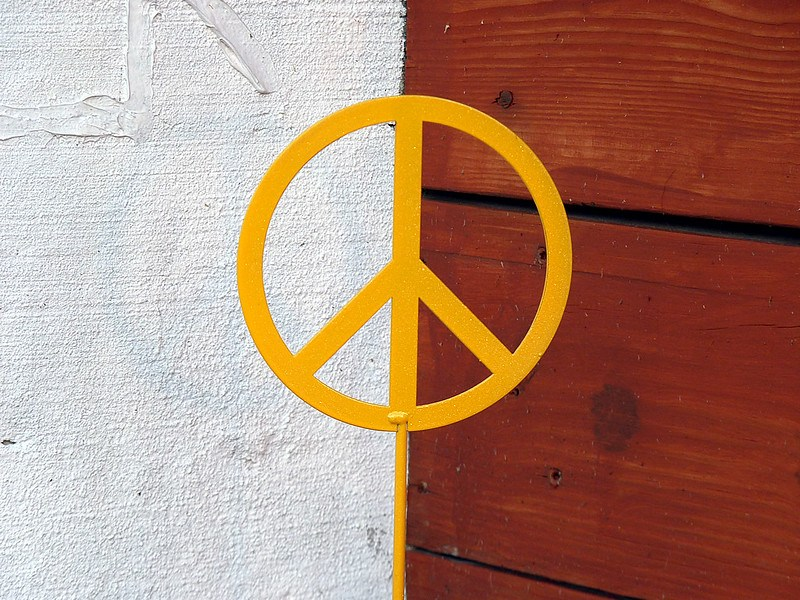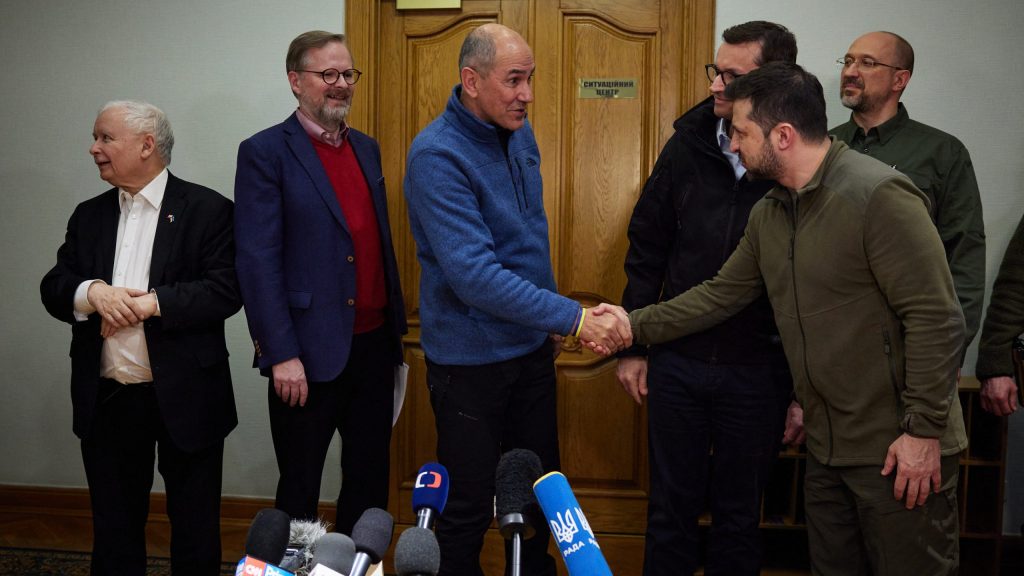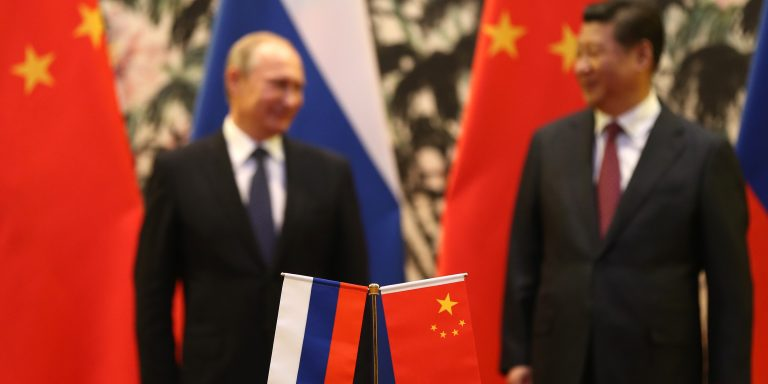Nigeria Security Tracker Weekly Update: March 26–April 1
Below is a visualization and description of some of the most significant incidents of political violence in Nigeria from March 26 to April 1, 2022. This update also represents violence related to Boko Haram in Cameroon, Chad, and Niger. These incidents will be included in the Nigeria Security Tracker.
